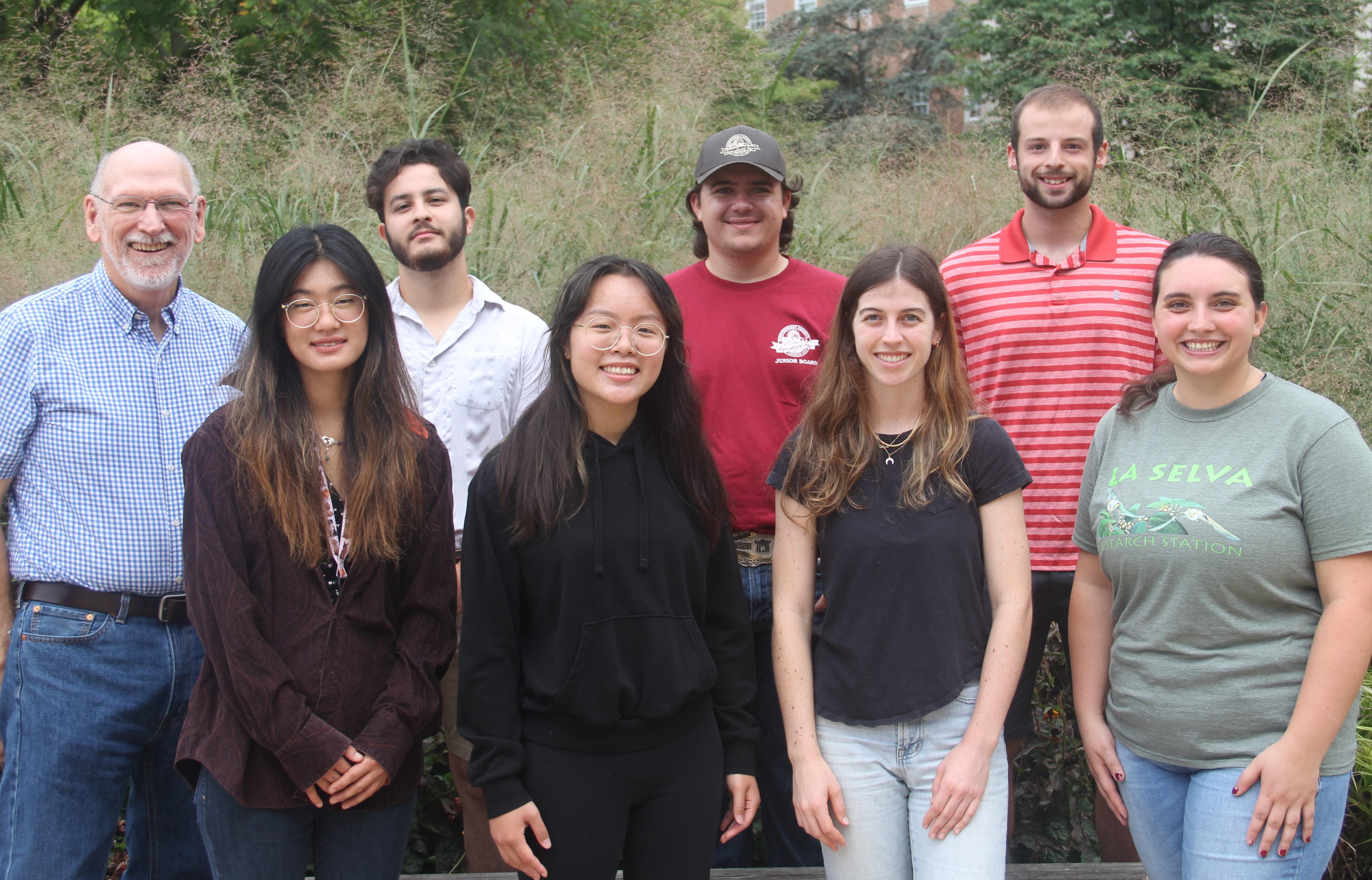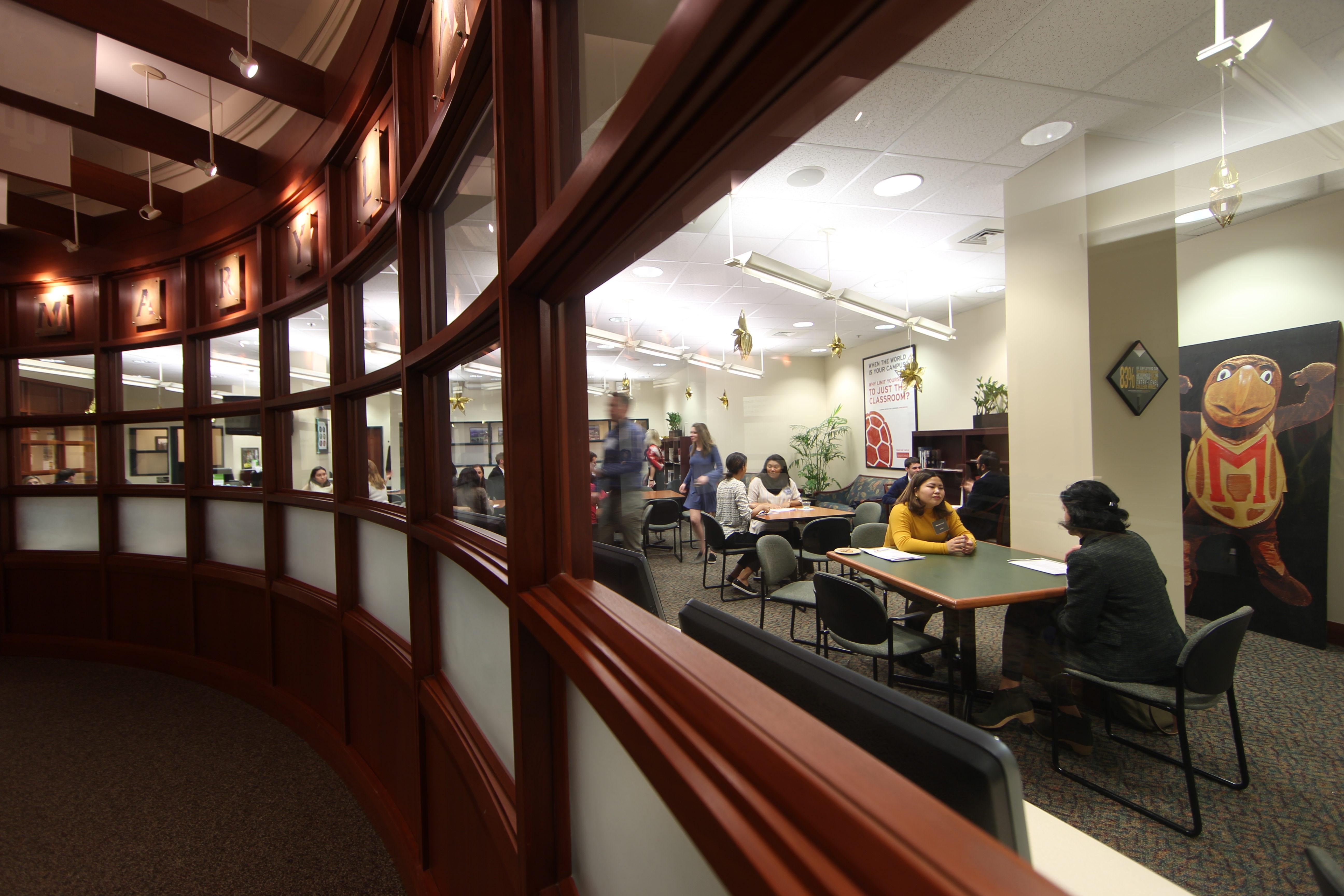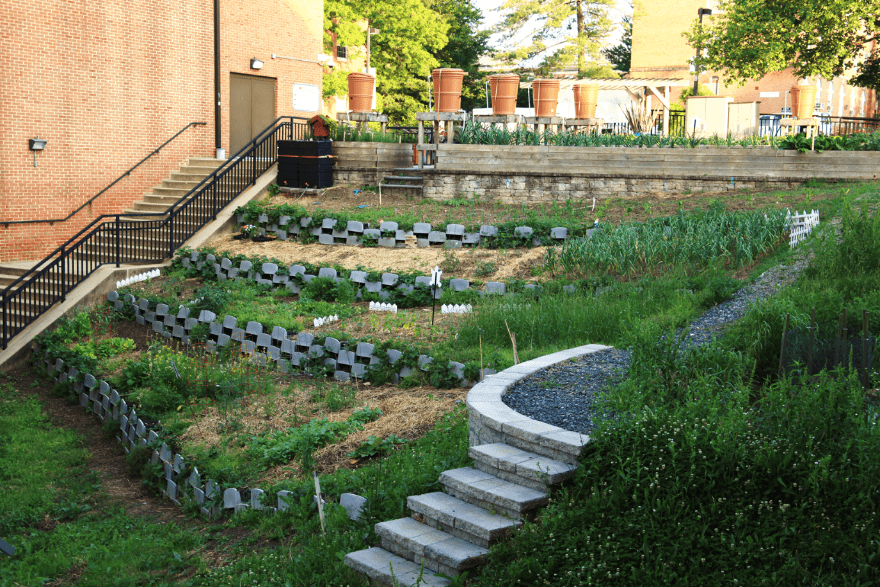What do raised garden beds, insect displays, glass recycling, and sustainability internships have in common? The Sustainability Fund! Every academic year, a group of outstanding students join two staff members on the Sustainability Fund Review Committee (SFRC). With the support of the Fund Administrators, this group meticulously reviews all proposal submissions. The SFRC endorses all projects that fulfill the established criteria such as campus affiliation, innovation, an itemized budget, and plan for metrics and reporting. The SFRC Chair — who also serves as the Undergraduate Student Representative on the University Sustainability Council — presents accepted proposals to the University Sustainability Council for final approval. Currently, the Sustainability Council approved approximately $220,000 in grant funding for the 2022-2023 academic year.
Some projects include:

Educating and Empowering UMD Students on the importance of Insect Biodiversity in Sustainability: $7,000
Articles published in 2017 indicated that there was a significant insect population drop, this news has caused alarm among researchers. The Department of Entomology’s LAMP Lab -- alongside paid undergraduate student volunteers -- plans to use the funds awarded to build campus display cases of insects and other educational materials. The group aims to showcase the importance of biodiversity and the ecological impacts of an insect population decline.

Sustainability Internship Scholarship: $50,000
Student Representatives from the SGA will partner with the Career Development Center to create scholarships for students accepting low-paying or unpaid internships in the world of sustainability. The internships must provide experience in a sustainability-related field and meet other minimum criteria. The Sustainability Fund approved a modified proposal to cover the first pilot year of a proposed three year program.

Community Learning Garden (CLG) ADA-Accessible Raised Bed Renovation: $32,351.32
The student leaders and staff that manage the CLG will replace all the ADA-accessible garden beds that have reached the end of their lifespan with garden beds made out of a more durable material. The new garden beds will ensure that the Community Learning Garden remains accessible and fruitful. The Community Learning Garden also provides the UMD Campus Pantry with fresh and organic produce.
According to Sabrina LaBold, the current SFRC Student Chair, “the Sustainability Fund allows all UMD community members to innovatively brainstorm ideas and research that could provide amazing opportunities for not only pushing forward campus sustainability initiatives, but also student engagement. It is exciting to see all of the groundbreaking proposals that could really advance the campus' environmental performance, while also providing more learning opportunities in sustainability for students.” Even the projects that don’t receive endorsements from the SFRC in a given year are strongly encouraged to reapply for future funding.
After celebrating the first fee increase in the Sustainability Fund since its inception, members of the SFRC encourage you to be bold and submit a proposal to the Sustainability Fund before the fall deadline (October 15th). The Sustainability Fund accepts applications for projects needing more than $2,000 in funding. If projects require less than $2,000, consider applying to the Sustainability Mini-Grant. The Office of Sustainability (OS) is a resource for anyone considering submitting a proposal. Students, faculty and staff can email sustainabilityfund@umd.edu and schedule a time to meet with OS to brainstorm ideas and even review your draft application well before the deadline. Here are a few tips and tricks for submitting a great proposal:
A Strong Proposal
- Specifically highlight how your project benefits/involves undergraduate students
- Plan for the lifespan of your project: Who will maintain it? What will happen to it once you leave?
- Include how your project addresses environmental sustainability on campus
- Obtain all necessary approvals and endorsements from any department or organization affected/involved in your project
- Prepare a detailed budget
Making a Timeline
- Schedule a time to meet with OS at least four weeks in advance of the deadline
- Apply during the priority deadline (October 15th) for best consideration
- If your proposal is not finalized, it is more important that you take the time to complete it and submit before the winter deadline (January 15th)
- Have a flexible timeline; it can take a couple of months to receive a final decision
Explore the timeline below for more Sustainability Fund proposal tips!
